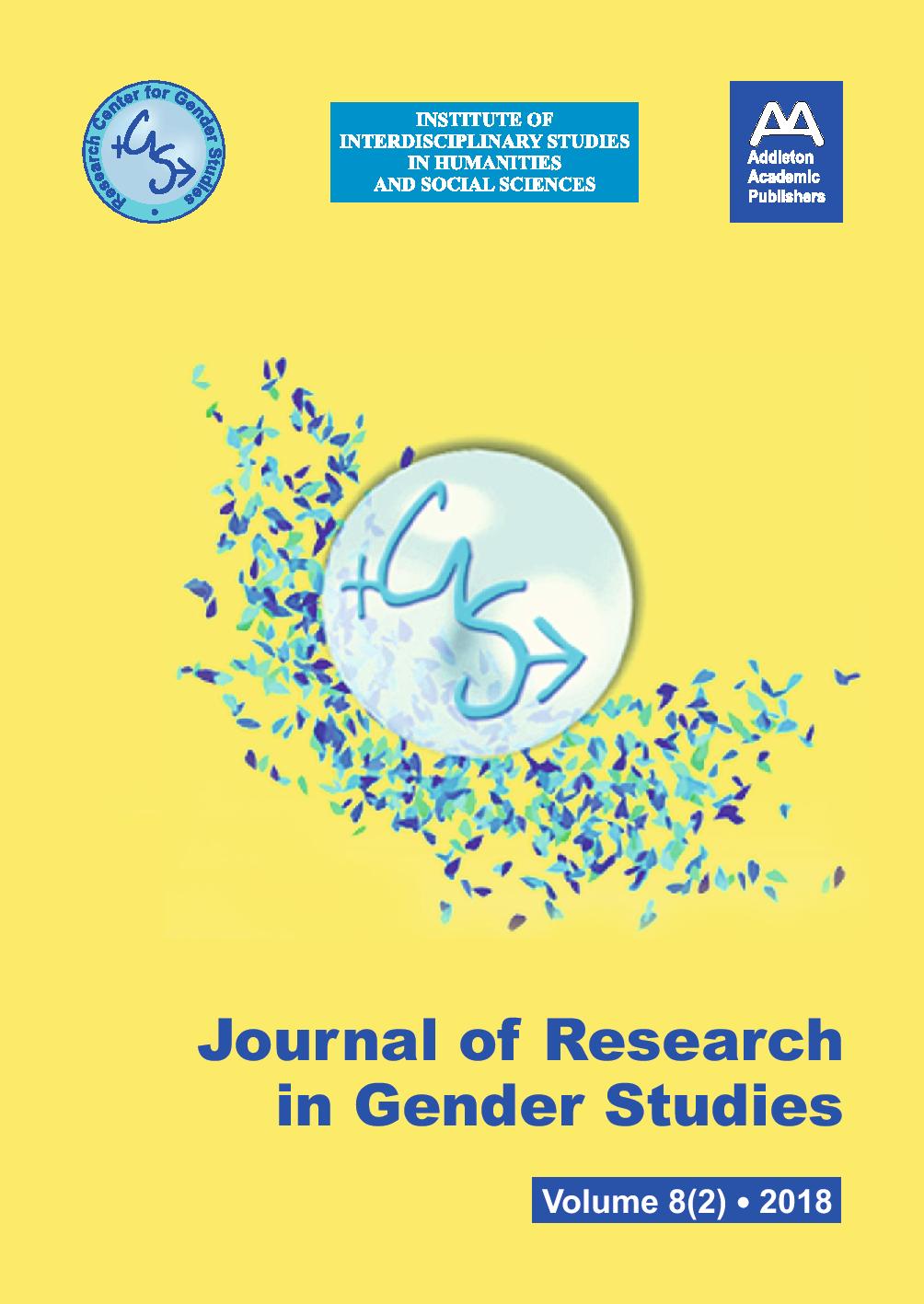THE CONSEQUENCES OF BLURRED BOUNDARIES BETWEEN PRIVATE AND PUBLIC SPHERES IN PATRIARCHAL SOCIETIES: EVIDENCE FROM DRUZE WOMEN IN ISRAEL
THE CONSEQUENCES OF BLURRED BOUNDARIES BETWEEN PRIVATE AND PUBLIC SPHERES IN PATRIARCHAL SOCIETIES: EVIDENCE FROM DRUZE WOMEN IN ISRAEL
Author(s): Ebtesam Barakat, Amal Jamal, Orna Sasson-LevySubject(s): Gender Studies, Jewish studies
Published by: Addleton Academic Publishers
Keywords: patriarchal society; Druze woman; Israel; private/public sphere;
Summary/Abstract: This paper explores the complexities of the relationship between the public and private spheres and their ramifications on women’s status in the context of patriarchal societies. It utilizes the Druze society in Israel, as a patriarchal society in order to illustrate its theoretical argument; namely that the colonization of the public sphere by the patriarchal social norms of the private sphere, render women’s resistance and struggle for autonomy in the private sphere a precondition for a more equal public one. The Druze community is oppressed and neglected by the Israeli state, and maintains its unique identity by employing a strict and secretive religious lifestyle. The dominant position of religion in everyday life and its close ties to the Hamula (familial) regime, create a social structure that does not distinguish between the private and public spheres. Rather, the private sphere’s norms, which are dictated by the symbiotic ties between religion and patriarchal connectivity, dominate the entire public sphere. Druze women’s narratives stress the fact that the spreading of the norms of patriarchal connectivity, onto the public sphere poses limitations and obstacles on women in terms of their mobility, education, and employment. Their narratives suggest that women in patriarchal conservative societies must fight first for equality within the private sphere, to prevent patriarchal values from taking control of the entire collective public sphere. By bargaining, which is shaped by their intersectional positionality in the social structure, women seek to weaken the symbiotic relationship between religion and Hamula regime in order to gain better maneuvering spaces as autonomous subjects.
Journal: Journal of Research in Gender Studies
- Issue Year: 8/2018
- Issue No: 2
- Page Range: 64-91
- Page Count: 28
- Language: English
- Content File-PDF

